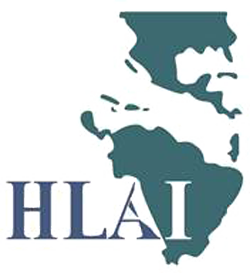What Is a Revocable Living Trust?
 People who want to try to provide for their loved one’s financial future have several options to choose from. One option that we will discuss in this article is called a revocable living trust. Simply put, this type of trust allows for your assets to be managed and transferred to others during your lifetime and after you have passed away. If this is something you might want to pursue, you should speak with a qualified Wheaton, IL estate planning attorney to gain a more extensive understanding of the advantages and legal requirements involved.
People who want to try to provide for their loved one’s financial future have several options to choose from. One option that we will discuss in this article is called a revocable living trust. Simply put, this type of trust allows for your assets to be managed and transferred to others during your lifetime and after you have passed away. If this is something you might want to pursue, you should speak with a qualified Wheaton, IL estate planning attorney to gain a more extensive understanding of the advantages and legal requirements involved.
What Is Involved in an Illinois Revocable Living Trust?
When someone drafts a revocable living trust (RLT), they are essentially outlining an agreement they have forged with another individual or institution (the trustee). The individual who drafts the trust (the grantor) is transferring ownership of his assets over to the trust. The RLT includes terms for the trustee’s management of this property, with the grantor able to maintain control over everything related to the trust, including what will happen with it after his death.
What Are the Advantages of an RLT?
There are several advantages of an RLT. One main advantage relates to probate court. When ownership of your property is transferred into a trust, this generally makes it unnecessary for you or your beneficiaries to go through proceedings in probate court. As a result, the entire process typically takes less time and money.
Another advantage of creating an RLT is connected to tax benefits. RLTs are mostly exempt from the federal estate taxes and state inheritance taxes that wills are subject to. A third advantage of an RLT is the fact that the grantor retains control over the property that they have transferred ownership to in their life and can dictate what should happen with it after their death, which can offer them significant peace of mind.
How Can I Establish an RLT?
Some legal requirements need to be met for an RLT to be considered valid and legally binding. These include:
- Witnesses: There must be two witnesses present when the grantor signs the RLT document, and they must sign a statement that they witnessed this.
- Written notice: All trustees need to be informed in writing that they are included in the trust.
- Asset identification: All the assets included in the trust need to be identified in writing, and clear instructions need to be given about how and when they are to be distributed.
Schedule a Free Consultation with a Glen Ellyn, IL Estate Planning Attorney
If you are considering ways to provide for your loved ones or other beneficiaries after your death, an experienced DuPage County, IL trusts lawyer can review your portfolio and explain your options. Call NN Legal Group at 630-474-0925 to schedule a free consultation.

















